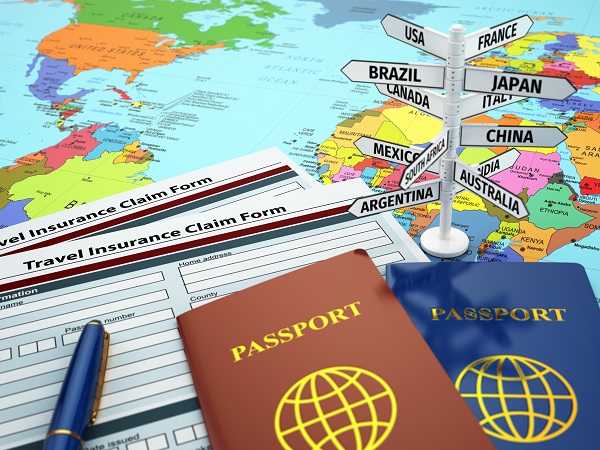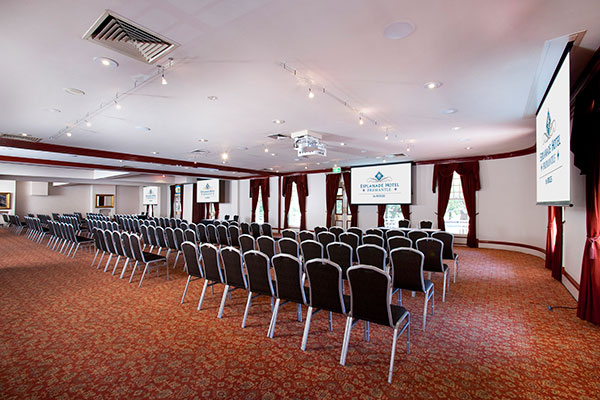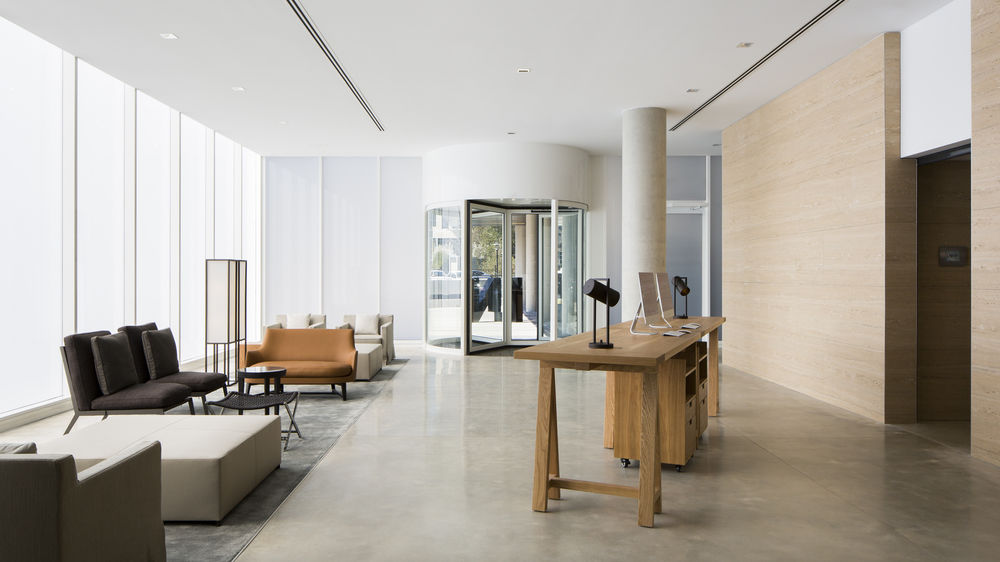
Safety now a predominant criterion for travel
In the past 12 months, appalling acts of terrorism across Europe, and more recently South East Asia, have taken a major toll on the tourism industry, with countries like France and Thailand experiencing a significant drop in visitor numbers.
Over and above the immediate personal trauma and loss, and the long-term impact on infrastructure and the economy, terrorism is intended to instill fear among locals and tourists and may even change the perception people have toward a country with regard to travelling and the risks associated with it.
As an uncertain industry, insofar as its evolution remains very sensitive to changes in the environment, the phenomenon of economics and politics, safety and security has a great influence on tourism and its development.
Recent research undertaken by Tourism Australia has found that while not immune to attacks similar to those perpetrated in Europe, Australia is now ranked number one worldwide as a destination associated with safety and security.
For the first time in decades, safety and security was rated as the most important factor in selecting a destination, with more than 54 percent of respondents in key overseas markets putting it ahead of value for money and natural beauty.
Fortunately, along with the fact that Australia is an island and relatively isolated, it appears that the government has a comprehensive approach for dealing with the threat of terrorism, as well as significant policy support and the right framework to help the tourism industry continue its strong growth.
Over the same 12-month period, Australia has experienced unprecedented growth in tourism. The latest international visitor survey data that was captured to the end of March has revealed international visitor spend was in excess of $5 billion. The total number of visitors grew by over 10 percent to 2.4 million visitors.
At the same time, more Australians are choosing to holiday at home than ever before, so we are seeing record numbers of growth in domestic numbers.
The number of international seats heading to Queensland airports in the year to June is estimated to be 4.8 million, which is a six percent increase on the previous year, and domestic seats over the same period are estimated to be 13.3 million, which represents a four percent increase.
It is clear that we live in uncertain times, “but we must not lose sight of the fact that this also means dynamic, expansionary times, and it is essential that the management and letting rights industry be prepared for the demand of a growing range of accommodation products and services”.
As a provider of self-contained accommodation apartments in Australia for both the transient short-term letting market and also for long-term letting tenancies, the management rights industry is well placed to provide the secure and safe shelter that travelers and residents are seeking.
Eric is the National President of ARAMA. Australian Resident Accommodation Managers Association (ARAMA) is a membership based, not for profit, peak industry body which represents the interests of people who are involved in Management Rights.







